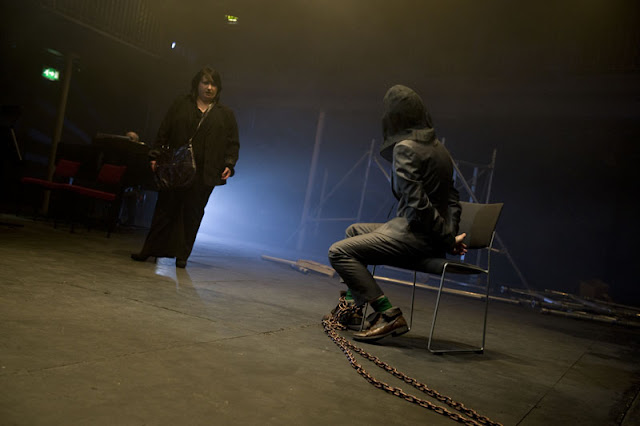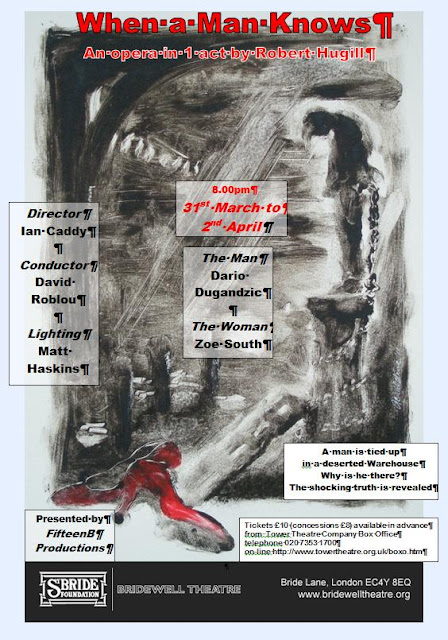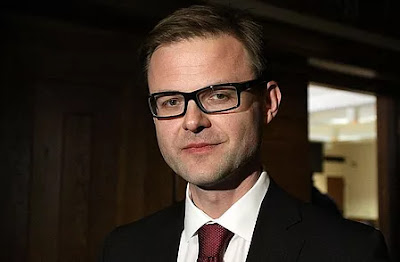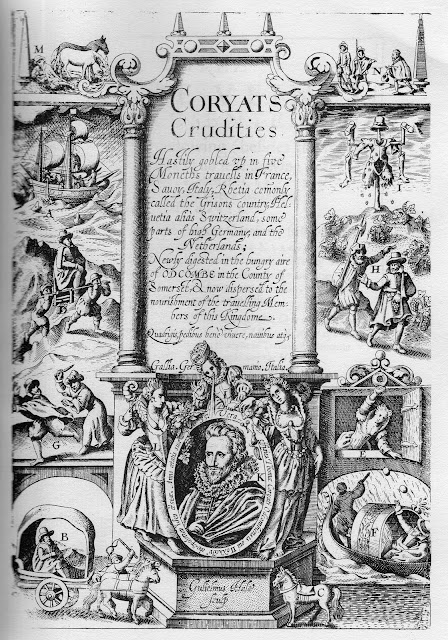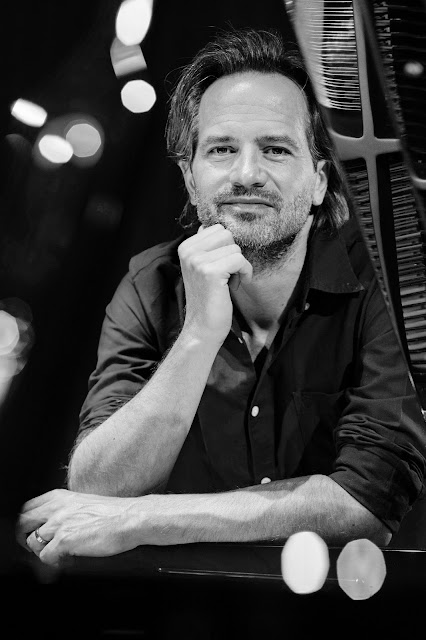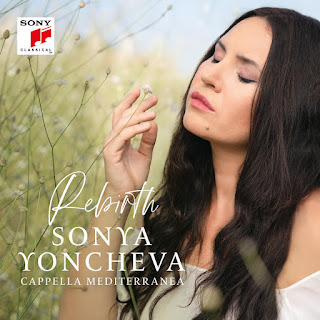 |
| 2021 East Neuk Festival - ENF Arts Activist David Behrens at Lady's Tower near Elie, Scotland © East Neuk Festival |
If 2020 proved a nightmare for small arts organisations, then 2021 remains a great challenge, with uncertainty about what will physically be possible for Summer events. Like many smaller organisations the East Neuk Festival in Fife is turning challenge into opportunity and responding imaginatively to potential restrictions. This year's festival, which takes place from 1-4 July 2021, will combine al fresco performances, pop-up events, digital performance, art installations, community-led projects, and radio broadcasts.During 2020 the festival created a number of recordings with guitarist Sean Shibe and violinist Benjamin Baker in Fife in November 2020, and these helped the festival to engage with a global audience. This will be continued in 2021 with four carefully curated films, featuring oud player Rihab Azar, violinist Benjamin Baker, the Castalian String Quartet in late Beethoven and Janacek, Scottish Chamber Orchestra, guitarist Sean Shibe, The Tallis Scholars marking the 500th anniversary of Josquin and pianist Llŷr Williams in Chopin, Debussy and Mozart. The films will be released daily and will be free, enabling international audiences to be able to drop in to the festival each day.
BBC Radio 3 is returning to the festival this year and will be recording four concerts for future broadcast with programmes including musicians from the Scottish Chamber Orchestra, Sean Shibe and Thomas Adès in Adès, Poulenc, Falla, Janacek and Francisco Coll, and pianist Christian Zacharias. At present these events will not be available to a public audience, but should this change then tickets will be available.
The festival also has a customised van, complete with pop-up stage and musicians, and this will be stopping off throughout the area’s fishing villages and countryside to give free performances of classical, roots, jazz and traditional music, for those willing to brave the weather, on the streets of the Neuk. In the grounds of the National Trust for Scotland’s Kellie Castle in Pittenweem there will be an immense labyrinth cut into the grass of its wildflower meadow, inspired by the contours of the route of the Fife Coastal Path.
The festival will also continue its work behind-the-scenes offering young artists the space and opportunity to take risks, and new directions in their work through its ENF Retreat scheme. It will be offering residencies to guitarist Sean Shibe and violinist Benjamin Baker during the festival to develop new projects which will come to fruition in the 2022 festival and details of two further residences will also be announced shortly.
Full details from the festival website.
